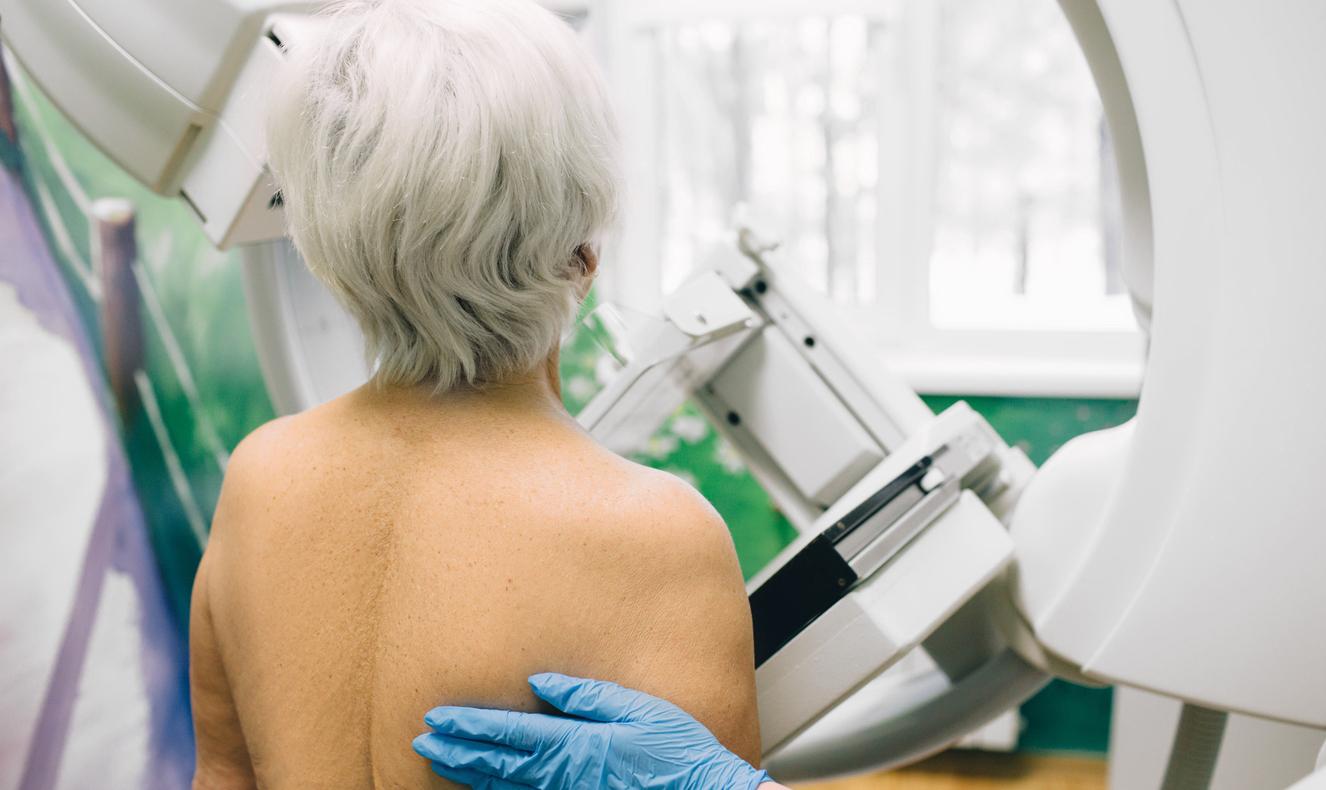Researchers have succeeded in discovering how breast cancer cells hide from immune attacks and prevent treatments from being effective. A discovery that makes it possible to envisage new therapeutic tools.

- 70% of breast cancer patients do not respond to cancer immunotherapy.
- When breast cancer cells have an increased level of a protein called MAL2 on the cell surface, they are able to evade immune attacks and continue to grow.
- Protein inhibition can almost completely stop tumor growth.
In the game of hide and seek with immune cells, breast cancer cells are currently largely winning. About 70% of breast cancer patients do not respond to cancer immunotherapy, blamed on the ability of tumors to evade immune attacks. American researchers from Indiana University Melvin and Bren Simon Comprehensive Cancer Center have identified how breast cancer cells hide from immune cells to stay alive. The discovery could lead to better immunotherapy treatment for patients.
70% of breast cancer patients do not respond to cancer immunotherapy
Researchers have found that when breast cancer cells have an increased level of a protein called MAL2 on the cell surface, they are able to evade immune attacks and continue to grow. “Like other cancer cells, breast cancer cells present tumor-specific antigens on the cell membrane, which immune cells recognize so they can kill the tumor cellsdescribes Xinna Zhang, lead author of the study published on September 29 in the Journal of Clinical Investigation. But our study revealed that MAL2 can reduce the level of these antigens, so these tumor cells are protected and can no longer be recognized as a threat by these immune cells..”
Understanding how cancer cells evade immune attacks could offer new ways to improve immunotherapy for patients, researchers believe. Immunotherapy uses the body’s immune system to target and destroy cancer cells. “Current cancer immunotherapy has wonderful results in some patients, but more than 70% of breast cancer patients do not respond to cancer immunotherapysays Xiongbin Lu, author of the study. One of the main reasons is that tumors develop a mechanism to evade immune attacks.”
Inhibit MAL2 protein to stop tumor growth
Researchers have developed a computational method to analyze datasets of more than 1,000 breast cancer patients using the Cancer Genome Atlas. This analysis led the researchers to identify the MAL2 protein whose higher levels in breast cancer, and in particular in triple-negative breast cancer, are linked to lower patient survival. Subsequently, using breast cancer tissue samples from patients, cell models and animal models, the researchers found that breast cancer cells express more MAL2 than normal cells. They also found that high levels of MAL2 significantly enhanced tumor growth while inhibiting the protein could almost completely halt tumor growth.
“Tumor cells can evade immune attacks but with less MAL2, cancer cells can be recognized and killed by the immune systemconcluded Xiongbin Lu. MAL2 is a new therapeutic target. By identifying its function in cancer cells and cancer immunology, we now know its potential as a cancer immunology target..” Researchers are now exploring ways to use these findings to develop and improve breast cancer therapies.

.














